Will Ukraine’s fate depend on Sloviansk and Kramatorsk, Druzhkivka and Kostiantynivka? These may not be household names, but they are the four key “fortress cities” in the remaining portions of Donetsk region that Vladimir Putin is reportedly demanding as the price for peace.
Although the details are still unclear, it seems that the framework for a peace deal agreed in outline between Putin and Trump would see the Russians agreeing to freeze the current front line. They could maybe even hand back some small sections of the Sumy and Kharkiv regions they have conquered in return for Kyiv surrendering the much larger portion of Donetsk region it still holds.
This would be a bitter pill to swallow on so many levels. It is not just that the area in question – around 30 percent of the region, over 6,000 square miles – is so much larger than the territory which would be liberated in Trump’s vaunted “swap.” It is also because of its strategic value. Within that region lies the so-called “fortress belt,” made up of the aforementioned well-defended cities and several other towns and settlements running north to south along the N-20 Kostyantynivka-Slovyansk highway.
Given that Kyiv would inevitably and understandably fear some renewed Russian aggression, whatever the terms of any deal, it becomes all the more important for them to have those defensive lines on their side of the front line. Besides, this is territory now soaked in the blood of thousands of Ukrainian soldiers and also of symbolic importance: Slovyansk is the city seized by Russian nationalist Igor “Strelkov” Girkin when, in his own words, he “pulled the trigger” on the risings that generated the undeclared war in the Donbas that in due course led to the 2022 invasion. In those circumstances there may even be some question as to whether the military would even accept orders to withdraw.
Territorial conquest was never Putin’s real objective, so much as the subjugation of Ukraine
Nonetheless, Putin does seem to have reshaped the debate. By making it about whether or not this surrender is acceptable, he has in effect made the West acknowledge that the existing occupied territories are lost. Perhaps some day, whether through military or political means, they may be regained, but there is no credible theory of victory that sees Kyiv regaining them in the foreseeable future that does not rest on some unlikely deus ex machina like a Russian economic collapse or Putin’s imminent demise. Besides, Putin’s line is presumably that ultimately this territory is lost to Kyiv anyway – whether it takes a month, a year, or longer, someday his forces will grind their bloody way through the fortress belt. A refusal to deal now just means more death and misery all round before the inevitable.
Putin may be wrong and may prove willing to abandon this demand, but he will not do so easily or cheaply. Territorial conquest was never Putin’s real objective, so much as the subjugation of Ukraine. Given that he never anticipated that he was getting himself into a major, expensive and open-ended war though, Putin may be willing to take a deal that he can still trumpet as a triumph at home. However, Ukraine may also feel it wins a victory of sorts if it is able to gain the kind of meaningful security guarantees and reconstruction assistance to become a truly sovereign, democratic and stable nation, outside Moscow’s sphere of influence.
This, after all, is where the really difficult negotiations are likely to remain. That chunk of Donetsk matters, but it is the environment in which Ukrainians will rebuild their country that will be crucial. Putin will want to leave them undefended and divided (indeed, a small part of the reason for his demand for Donetsk is precisely to force Zelensky either to doom his people to more war or take a monstrously unpopular decision in the name of peace).
The question is how far Ukraine’s allies are willing to offer those serious and credible guarantees and to force Putin to swallow them. They may be tempted to stick to their hollow mantras that “Putin cannot be allowed to win.” Ukrainians, fighting at the front and hiding from Russian drones in air-raid shelters, have every right to choose to hold out and resist any such ugly deal. Given that Ukraine’s European allies are clearly (and rightly) unwilling to put their own soldiers directly into harm’s way, though, you could question the morality of their seeking to encourage Zelensky to stand firm simply to avoid confronting the grubby moral compromises peace would demand.



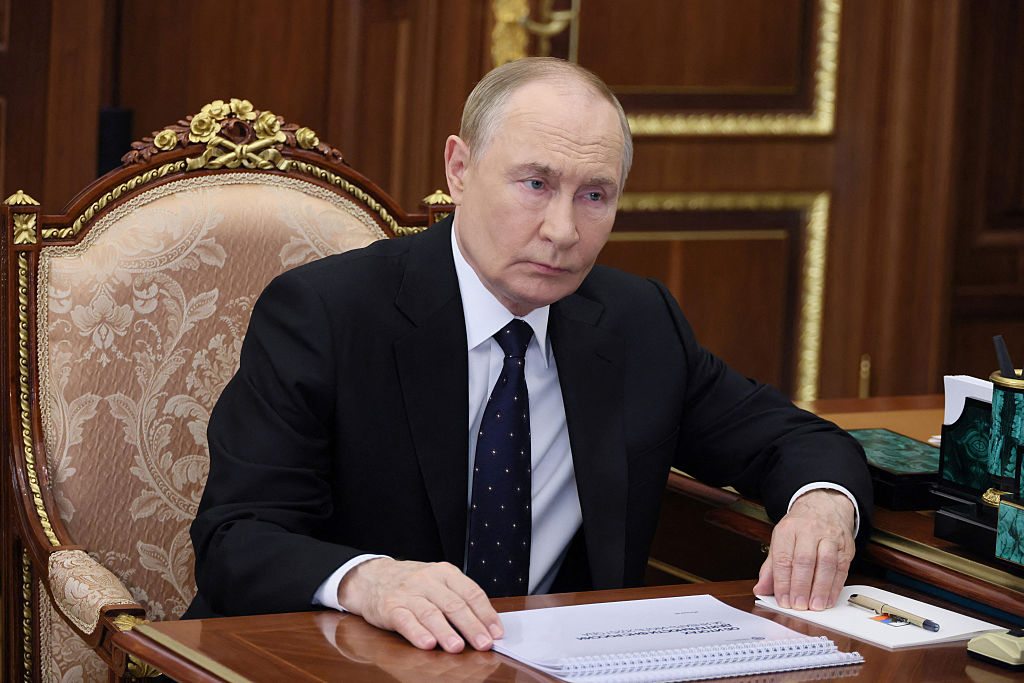







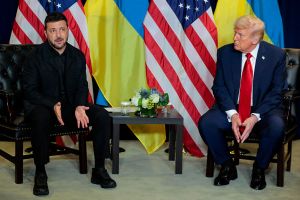
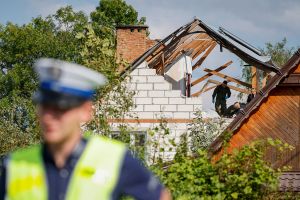

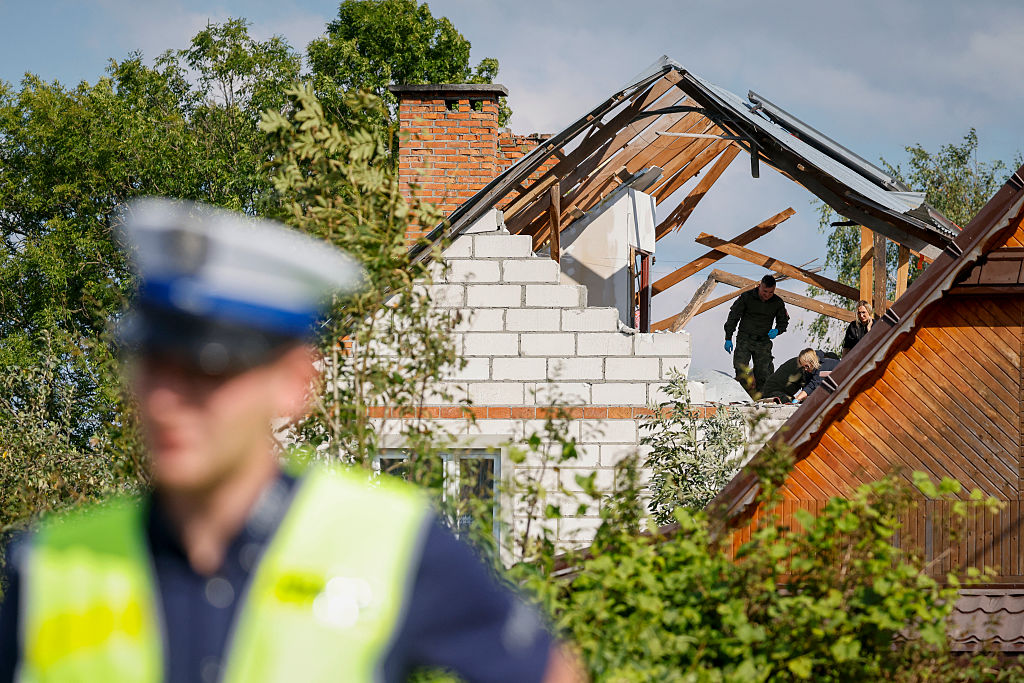
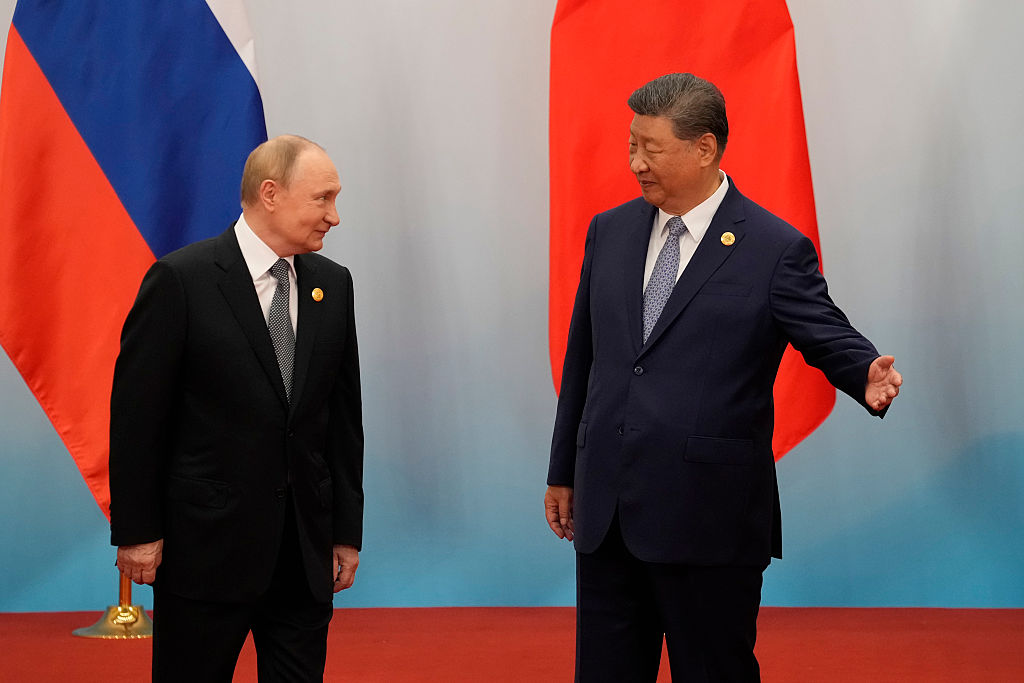
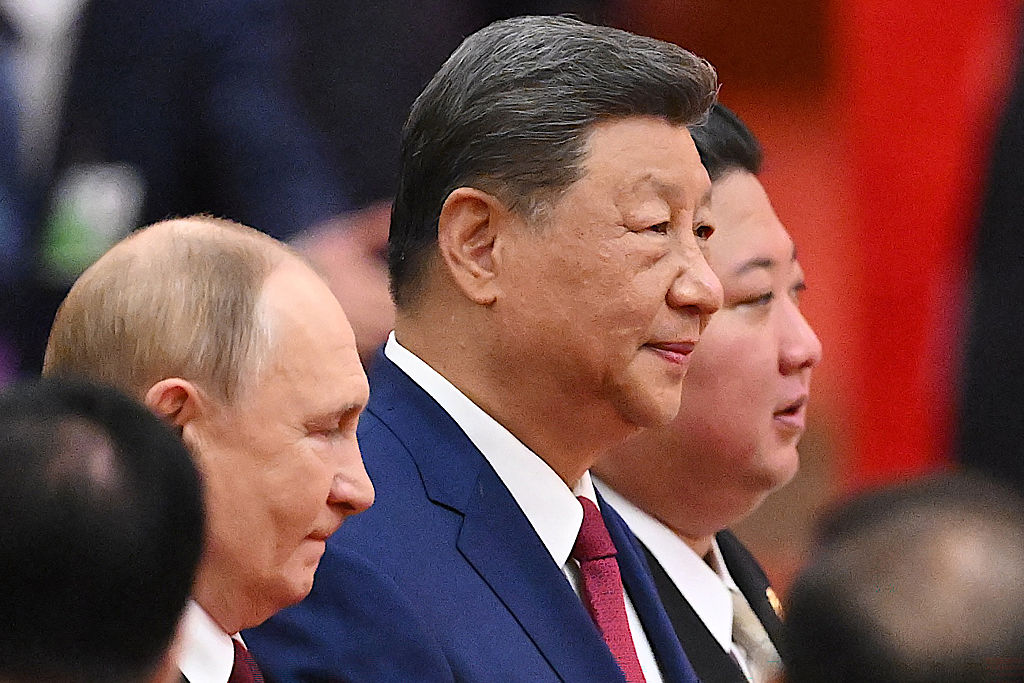
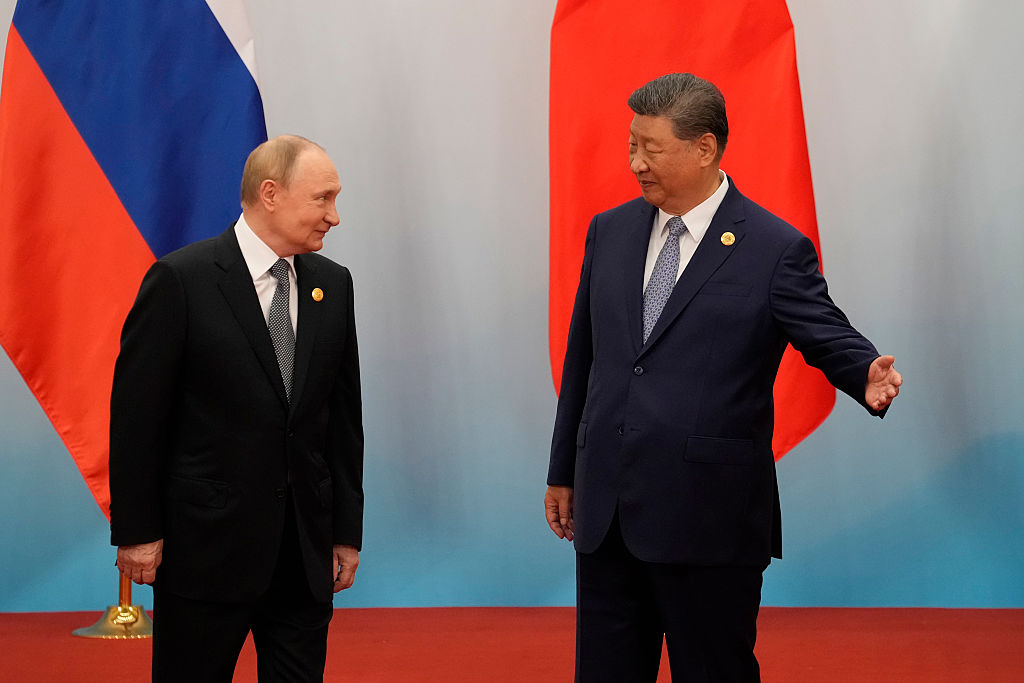
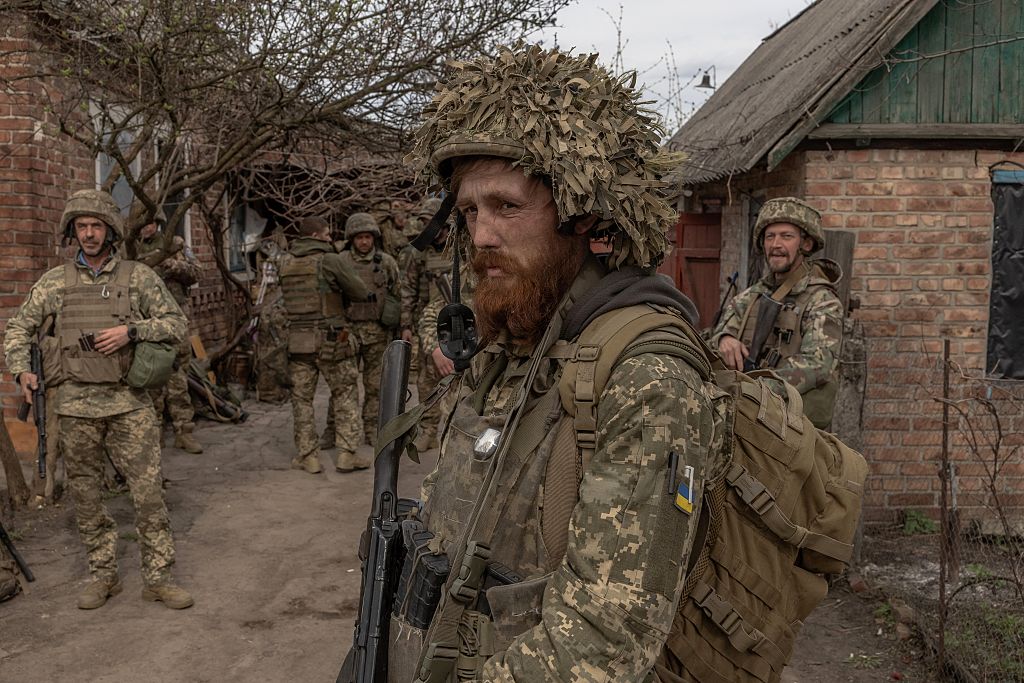







Leave a Reply